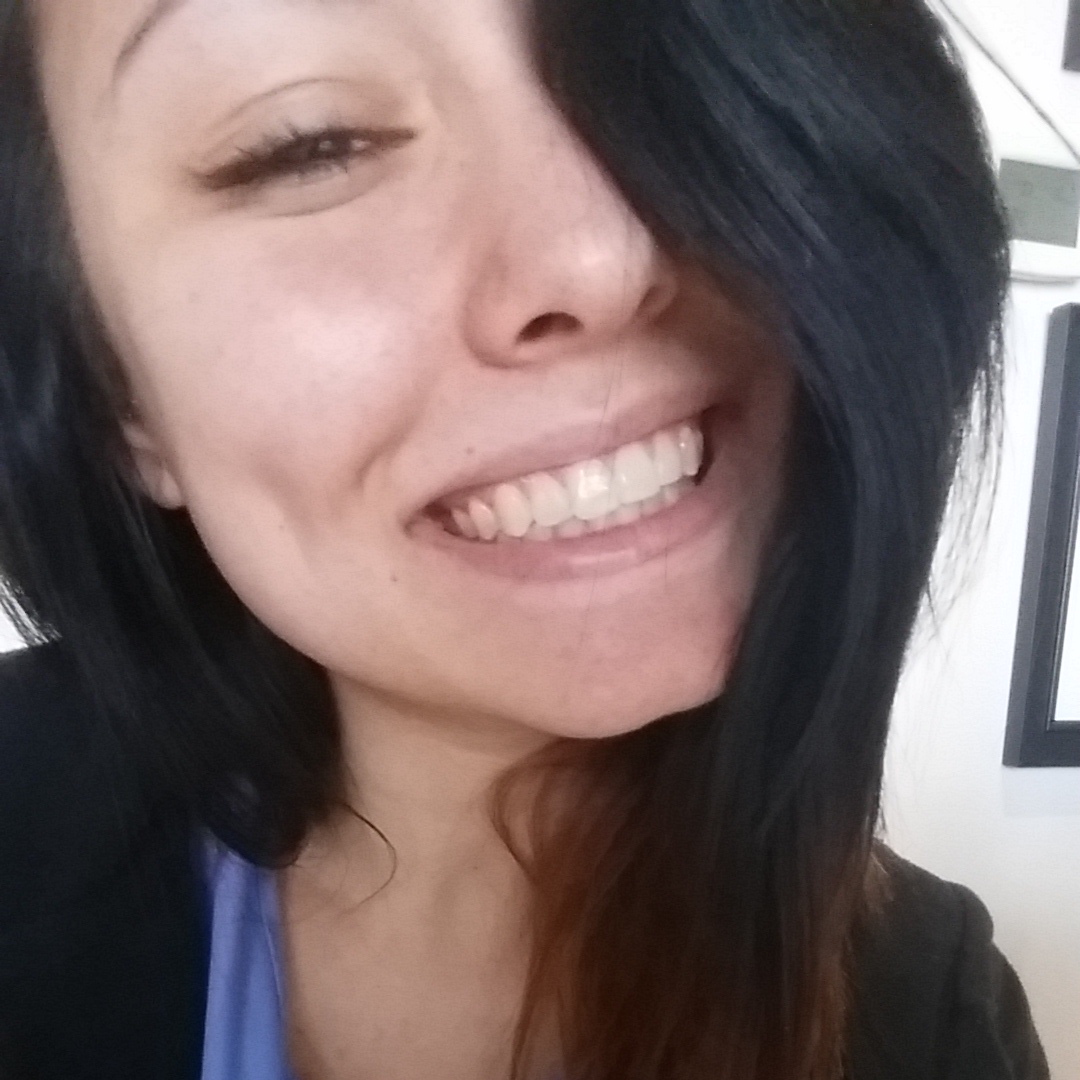I Don’t Want to Hate My Body Anymore
TRIGGER WARNING: This post contains sensitive content regarding Eating Disorders.
As I have begun to take my first significant steps into my own diabetes awareness, I feel it is important to share with those unfamiliar with this disease and those struggling with its baggage.
A little over ten years ago I was diagnosed with type 1 diabetes. In the beginning it was overwhelming having to learn a completely new lifestyle along with the emotional impact it brought along throughout different moments of each day. After about two years of making an honest effort to understand and care for this disease I allowed myself to fall under its control. I was in denial for many months which lead into nearly a full decade of neglect and abuse to my body.
I want to admit to my poor behavior and lack of effort. I went through a few endocrinologists hoping for improbable answers like a cure, or a free ticket to an insulin pump in hopes to avoid having to take any responsibility for this disease. I would go as far as staying up the night before an appointment making up some-what “believable” false readings to “prove” I was doing what my endocrinologist asked of me. I began to notice weight fluctuations early in seventh grade, I was not fond of weight gain so I noticed if I stopped taking my insulin my body wouldn’t absorb much of the nutrients allowing me to stay thin like everyone else. I would only take enough insulin to function, or take it at the last minute to stay out of the hospital. This carried on into my first year of college, with a miraculous “recovery” from six diabetic ketoacidosis episodes and four seizures.
My body finally understood the message I was sending—I was frustrated and disgusted with this disease. My body and mental state found some sort of “stability” through hyperglycemia and a frequent muddle of acidity. The toxicity my organs were submerged in felt comforting—I could sleep at the drop of a hat, drink like a fish and never gain a pound. Of course there were many negatives to this: for instance, losing any relationship I could grab a hold of, the inability to focus on conversations and school work, along with back-to-back episodes of diabetic ketoacidosis. But as far as I could tell everything in life was disposable; my emotions and thoughts were jumbled. The emotional state I would wake up with in the morning could take a 180 degree turn by the time I brushed my teeth twenty-five minutes later.
On my sixth episode of diabetic ketoacidosis I was forced to go to the ICU. I found myself there after being unable to eat for four days, severe vomiting and dry-heaving, excessive alcohol consumption and an absence of insulin for six and a half days. This was the moment I found myself on the very thin line of life and death. I was terrified, I was weak and I was alone. Six days under intensive care, I realized something had to change; I needed to pull myself together. Sadly, even after that experience and about a month of an honest effort trying to care for myself once again, I stopped taking my insulin and continued on.
To give those of you reading more of an insight and personal background, I see the complications and consequence of neglect in people with type 1 and 2 diabetes first hand. The path I have chosen in life is to help those in need ironically enough as I am currently a medical assistant and continuing my education. I have an everyday reminder from patients that come in and out of the doors of the clinic where I work. As a person with type 1 diabetes, I know what I have to do in order to carry on in one piece. As a nursing student, I understand what the lack of care towards this disease can do to a human being. I also am well aware that no one is invincible and anyone can be taken at the drop of a hat by this disease.
Recently it dawned on me it was time to get help. For someone who is independent and hesitant about receiving help or assistance, this was a difficult step for me. I found a mental health counselor which allowed me to dump everything off of my shoulders. Although she was unfamiliar with my disease, this was still a step in the right direction. I then went to meet with a brand new endocrinologist and diabetes educator; they have helped me immensely, not only with the care for my disease but also by helping me pull myself together emotionally. I also contacted a Dexcom representative to apply for a continuous glucose monitor for the first time in a few years, and with-in a few weeks I was approved! After picking up this device, I had about two weeks before my first endocrinologist appointment, and I watched the first days’ trend graph as I did nothing differently (no long acting insulin, only covering when I hit 400 and eating poorly). I noticed how out of control my blood sugars were all in just 24 hours.
After the first day, I began to take new steps once a week, and by the time I had my first appointment I had had many sleepless nights with extreme low blood sugars, which I corrected with too much sugar, resulting in severe high blood sugars. With all of this change, my endocrinologist and I found out the first obvious step, I was on too much insulin and I was due to go see a diabetes educator and nutritionist. Round two of learning how to live with this disease, I now have begun portion control, sick-day management, insulin adjustments, carbohydrate counting, insulin-to-carb ratios and correction factors. I have not quite mastered any of these yet, but then again it is a disease you must take day by day and deal with to the best of your abilities. I will say I am thankful that none of my doctors told me what I wanted to hear, because if they had, I do not believe I would have reached this point in my life.
For those of you still reading my story, if you or a loved one struggle with this disease from day to day, remember diabetes is not mentally or physically friendly if you neglect it. You are not alone, nor do you have to be.
For more information visit our Mental Health library of resources.





